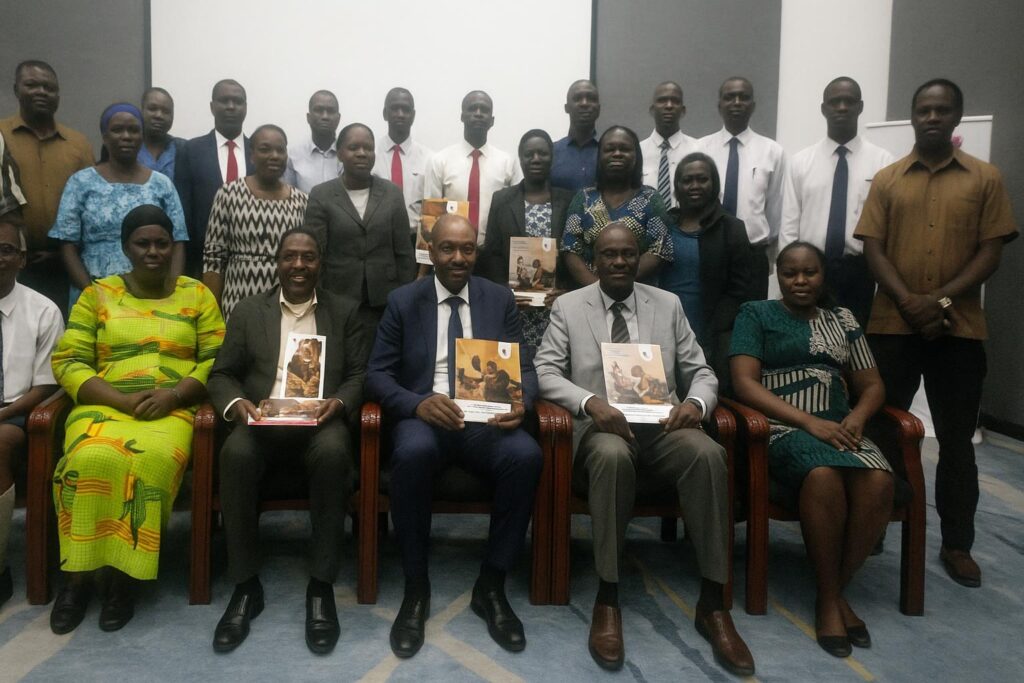Child Labour Report Unveiled in Juba
At Juba’s Palm Africa Hotel, the Ministry of Labour unveiled a landmark study that paints a stark picture of child labour across South Sudan. The report finds exploitation still rampant despite existing legal protections.
Officials Call for Robust Legal Enforcement
Undersecretary Deng Kenjok stressed that properly enforcing the 2017 Labour Act and the 2009 Child Act is essential to reversing the crisis and meeting global conventions on children’s rights.
“The wellbeing of our children is the wellbeing of our nation,” he told attendees, noting that poverty, displacement, and limited classrooms drive minors into street vending, cattle herding, and construction jobs.
Acting Undersecretary Joseph Loro echoed the pledge, saying current initiatives mark progress but called for quicker alignment with the Palermo Protocol to curb trafficking and other worst forms of abuse.
NGOs Champion Education and Protection
Save the Children’s representative Christopher Nyamandi labelled the 98 percent prevalence figure “shocking,” reminding leaders that each data point hides a child who deserves safety, play, and school.
He urged communities, families, and donors to widen quality schooling and strengthen household livelihoods so children are not forced into income-generating tasks.
Survey Data Underscores Severity
Research Director Lokiri Moses explained that investigators interviewed 418 households in Kapoeta South and Yambio, discovering 89 percent of working children meet the legal definition of child labour, while 64 percent endure its worst forms.
Moses recommended ratifying the Palermo Protocol, harmonising school-leaving age with labour regulations, and boosting public awareness to empower front-line service providers.
Toward a Child-Labour-Free Future
Stakeholders agree that consistent enforcement of existing statutes, paired with investments in education and livelihoods, could move South Sudan closer to eradicating child labour and unlocking the nation’s demographic dividend.


